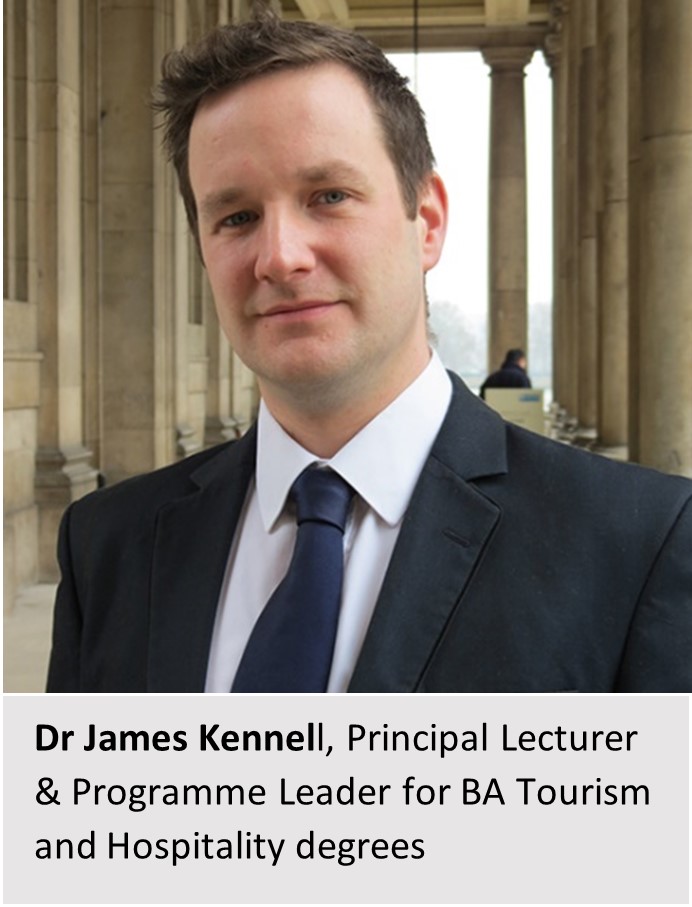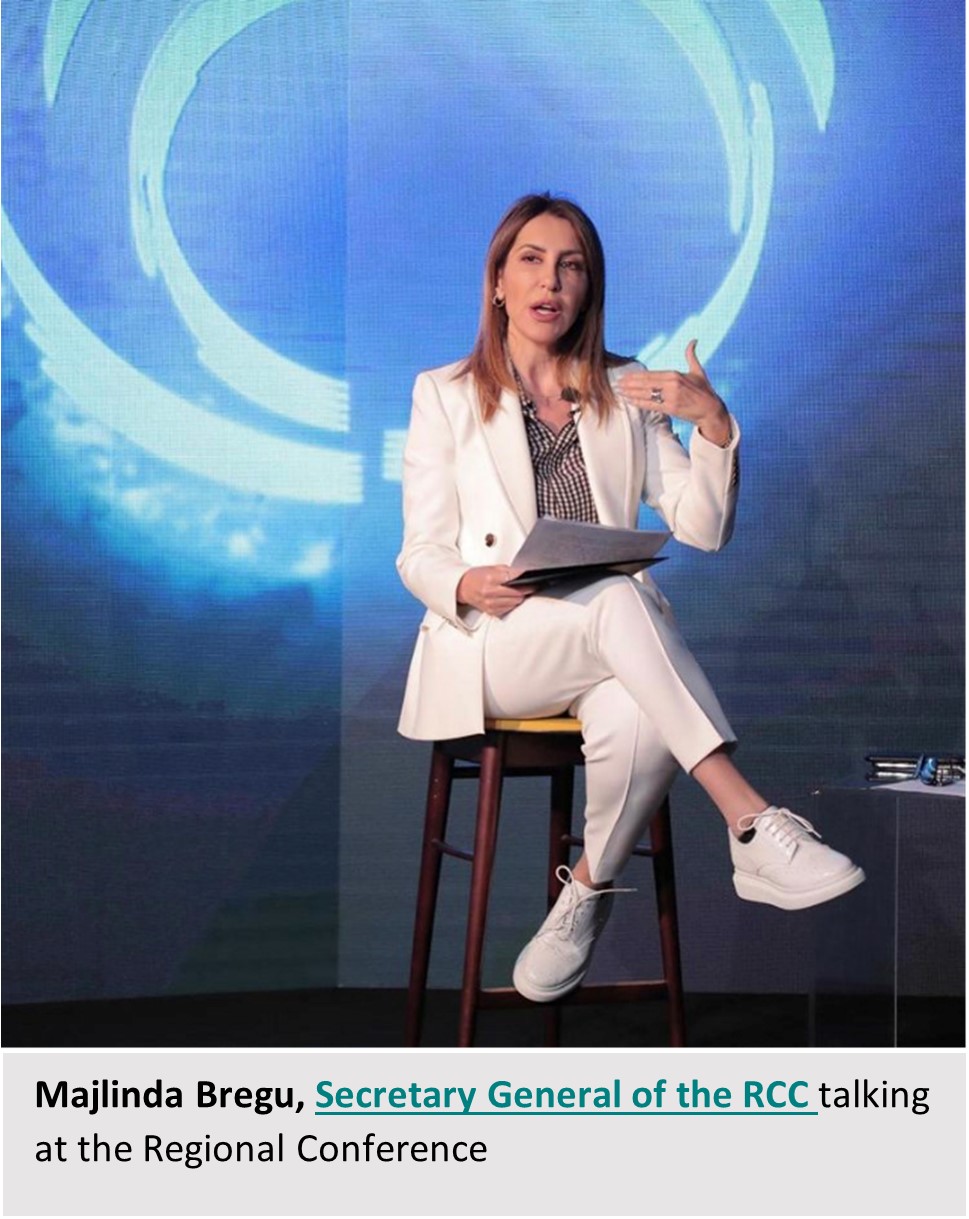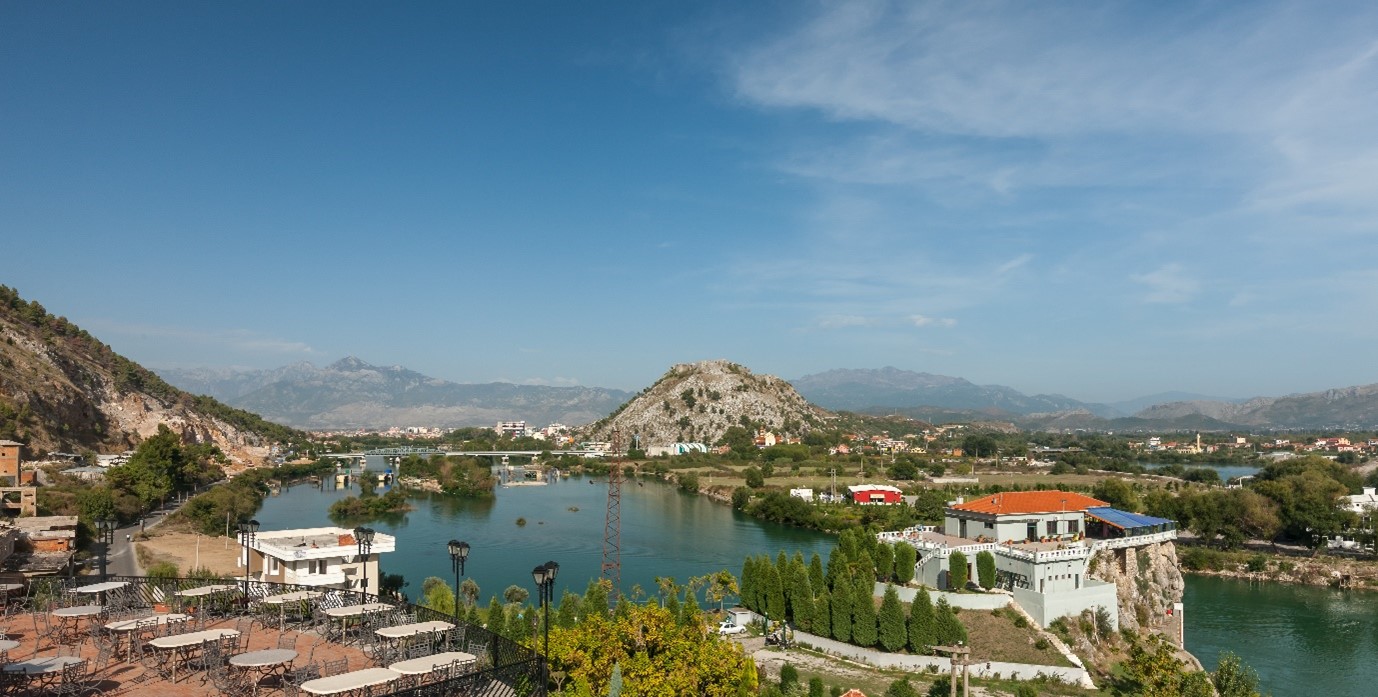Dr James Kennell and a team from our Tourism Research Centre in the Business Faculty, were commissioned by the Regional Cooperation Council, an international NGO, to carry out research into how tourism policy could support the growth of tourism in the Western Balkans. The research covered Serbia, Kosovo[1], North Macedonia, Montenegro, Albania and Bosnia & Herzegovina – known as the WB6, the group of regional economies aiming to join the EU.
 The team of Dr Kennell, Dr Samantha Chaperon, Dr Tina Šegota and Professor Alastair Morrison worked with governments and private businesses across the region to produce the report,
The team of Dr Kennell, Dr Samantha Chaperon, Dr Tina Šegota and Professor Alastair Morrison worked with governments and private businesses across the region to produce the report, which makes policy recommendations on borders and visas, workforce mobility and data collection to support sustainable cross-border international tourism.
The report was finalised at the start of 2020, just before COVID brought international tourism to a stop, and the work of the RCC in tourism was put on hold.
Dr Kennell was asked to present it last week at an international conference of Tourism Ministers, EU representatives and other political stakeholders from these economies in Tirana, Albania. It has informed the ‘Tirana Declaration’, which was signed by the 6 WB6Tourism Minsters on the 7th April. This is a high-level regional agreement on how to re-build their tourism post-COVID, through regional cooperation on policy – the focus of our report.
 The RCC is preparing for its next step and refocusing the sustainable tourism agenda as an integrated part of the Common Regional Markets Action Plan 2021-2024, engaging government, industry, destination communities and other stakeholders to set and develop priorities for implementing a long-term and sustainable regional vision for the tourism sector.
The RCC is preparing for its next step and refocusing the sustainable tourism agenda as an integrated part of the Common Regional Markets Action Plan 2021-2024, engaging government, industry, destination communities and other stakeholders to set and develop priorities for implementing a long-term and sustainable regional vision for the tourism sector.
This event marked the end of the RCC’s successful EU-funded tourism development project, which over three years:
- engaged 100 experts and professionals from approximately 60 civil society organisations
- supported 4 major culture and adventure routes
- awarded 36 small grants through 3 grant cycles
- organized the 1st regional competition in tourism innovation
This is one of many ways the University of Greenwich is having an impact on the world. Find out more about this project here.
[1]*This designation is without prejudice to positions on status, and is in line with UNSCR 1244 and the ICJ Opinion on the Kosovo Declaration of Independence.


